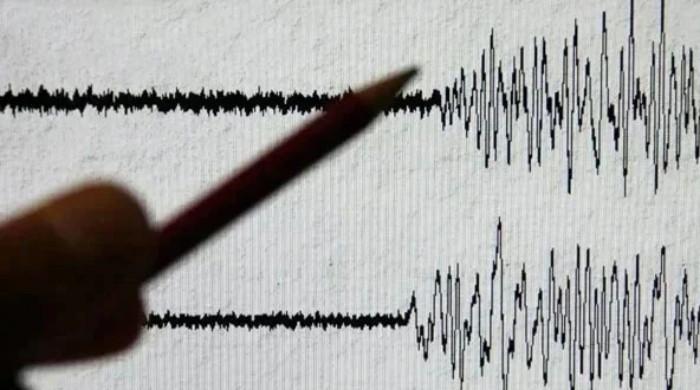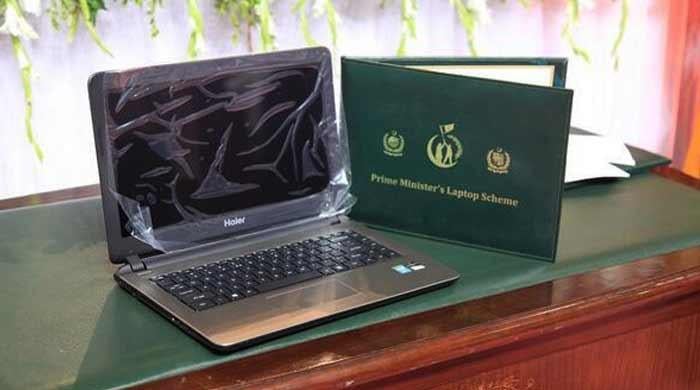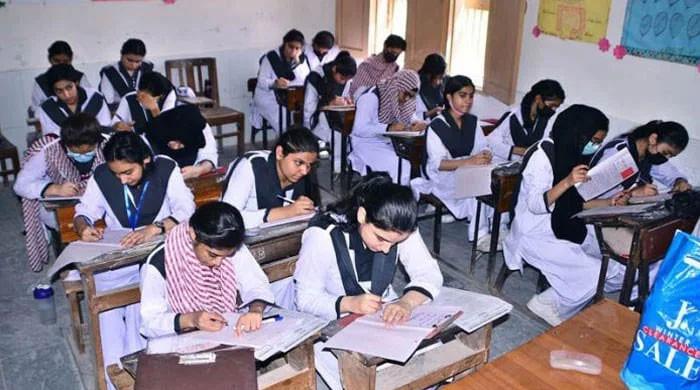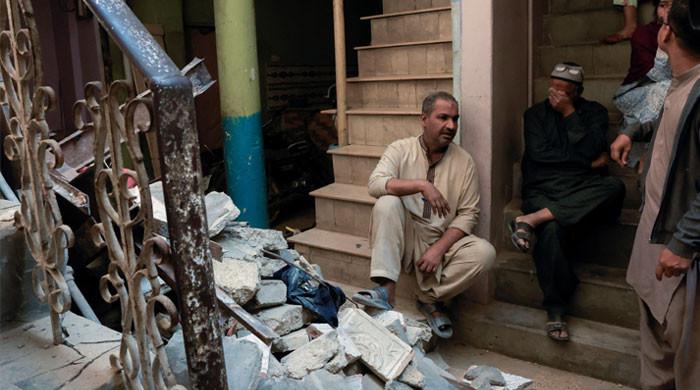Punjab's Auqaf dept bans itikaaf in mosques amid rampant spread of COVID-19
Development comes in the backdrop of rising coronavirus cases and deaths in Pakistan
May 01, 2021
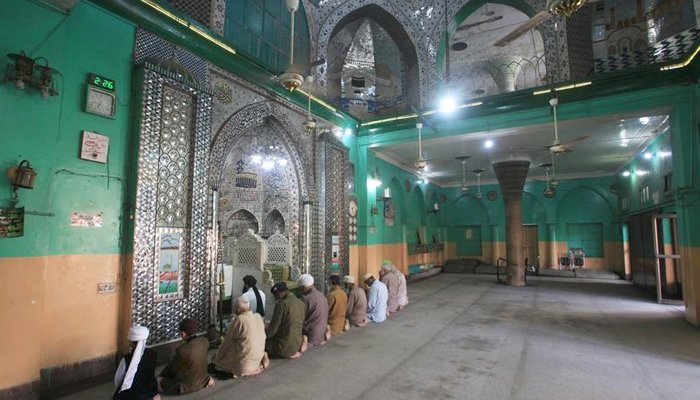
- Development comes in the backdrop of rising coronavirus cases and deaths in Pakistan.
- Government also bans Youm-e-Ali processions.
- Pakistan reported 4,696 new and 146 deaths in last 24 hours.
Punjab Auqaf and Religious Affairs Department on Saturday imposed a ban on observing itikaaf in mosques which are under its administration.
Itikaaf is an Islamic ritual where a person goes into isolation for a certain number of days and devotes their time to prayer.
The coronavirus cases in the country are rising and Punjab remains the most affected province with 303,182 registered infections.
The development comes after the federal government imposed a ban on Youm-e-Ali processions, while allowing majalis under strict SOPs which are already in place for Ramadan.
Pakistan has seen record deaths in recent days from the coronavirus, and stricter restrictions on movement and gathering in public are planned for the upcoming Eid holiday.
Officials are worried the country's health care system, already under strain, could reach breaking point if more contagious variants of the virus begin to spread, as has happened in neighbouring India.
On Saturday, authorities reported 4,696 new confirmed COVID-19 cases in the past 24 hours and 146 deaths from the disease.
Meanwhile, 90% of the coronavirus cases detected in Punjab over the last three months have been of the UK variant of COVID-19, sources in the province's health department told Geo News earlier in the day.
The provincial health department's figures show in February, 13,800 cases were reported, in March, 36,600 infections were detected, and in April, 34,400 cases were registered — taking the positive cases past 80,000.
The sources said 90% of the cases in the last three months were of the UK variant, and 10% were of the Wuhan variant. They said that the province has not detected the presence of Brazilian or South African variants.




